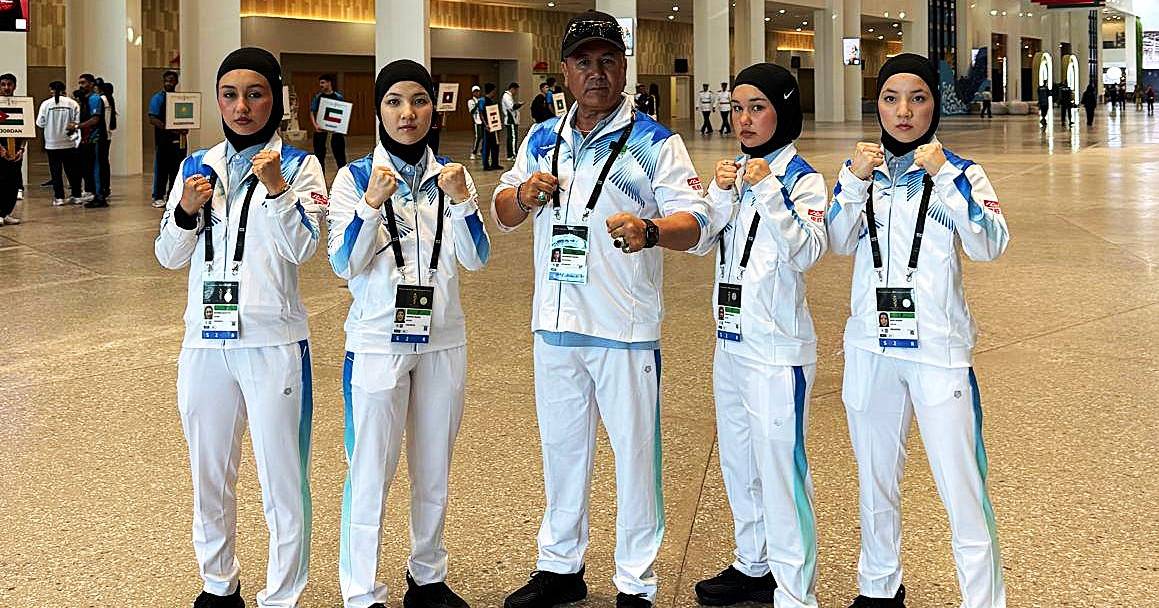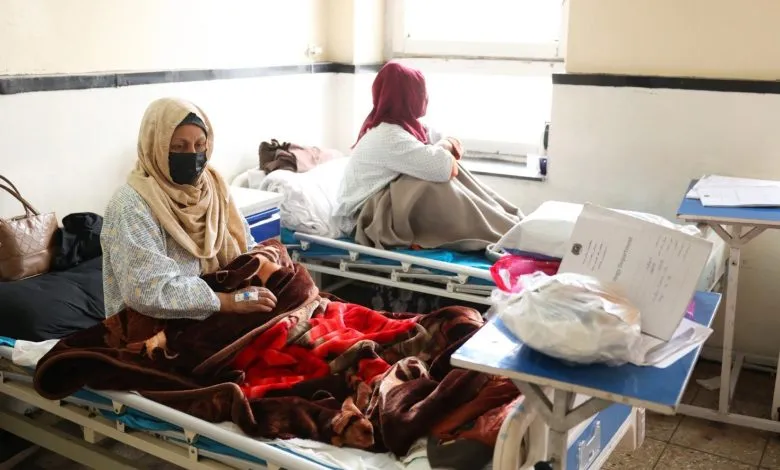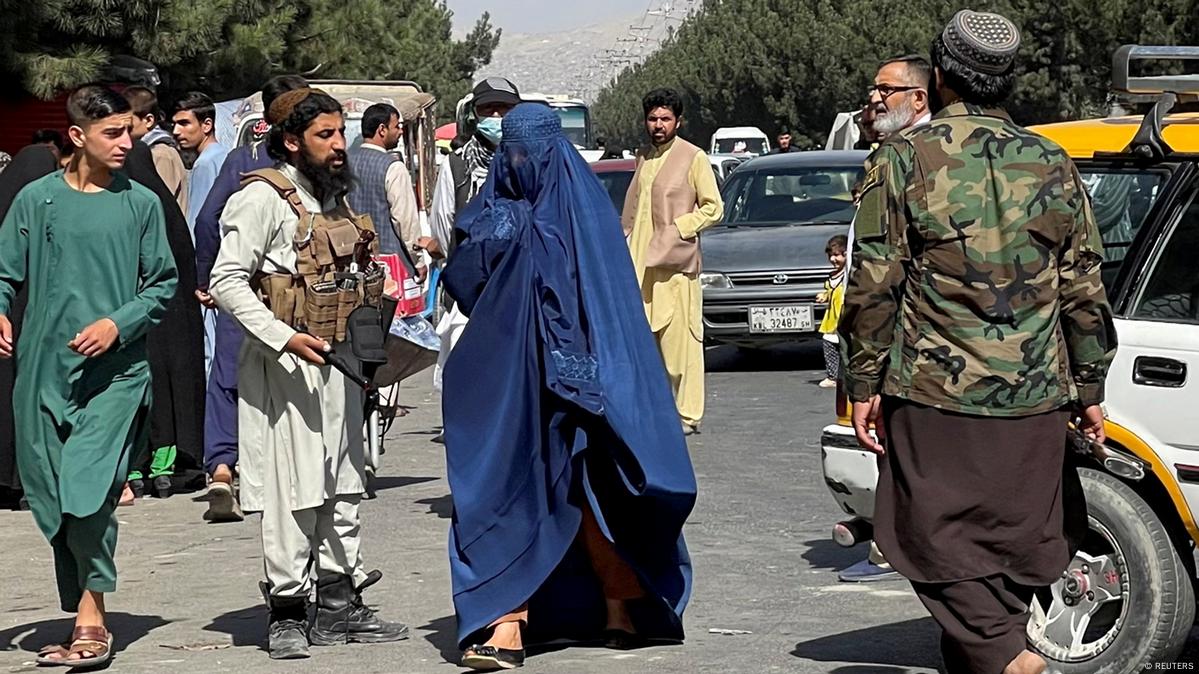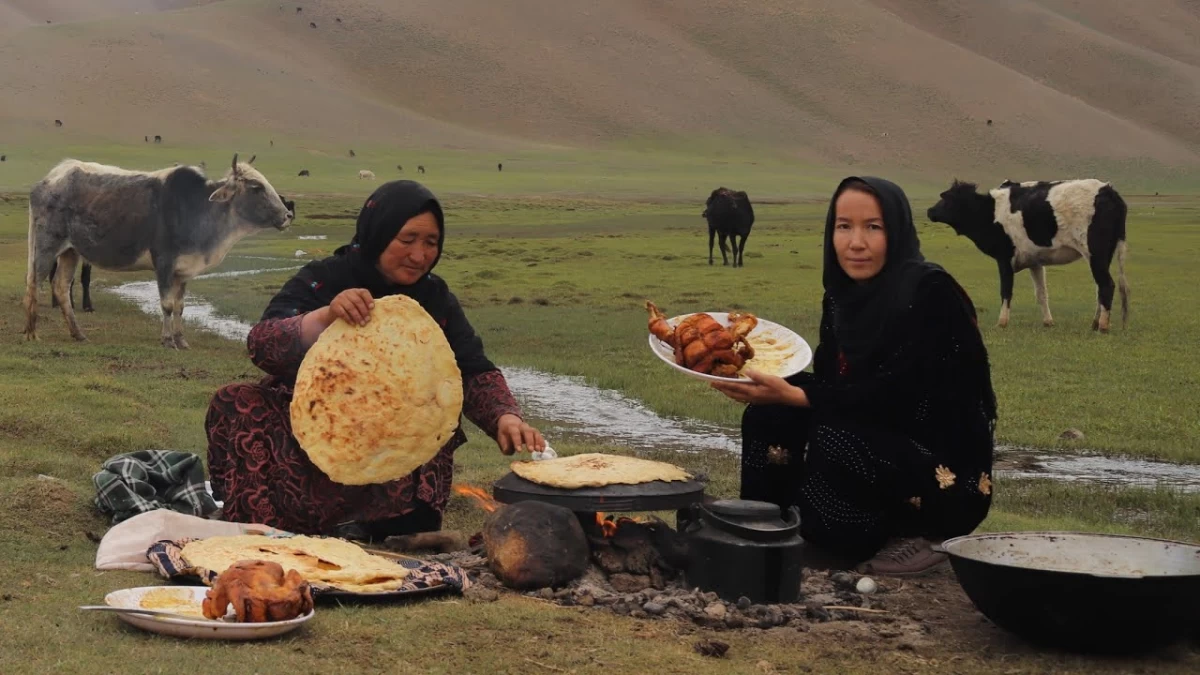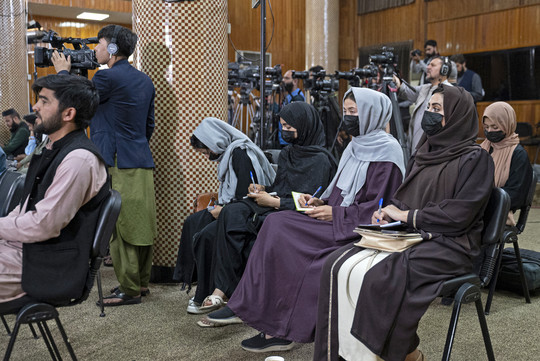
The United Nations Human Rights Watch has announced that restrictions on the activities and presence of women and girls in the media within Afghanistan have become more severe. On Thursday, Oct 23, this organization published a report stating that only a few women and girl journalists are active in Kabul and Herat provinces, while in most provinces, there are no female journalists working in the media. Human Rights Watch reported, citing women journalists, that in rural areas, they must have a male guardian when traveling for work and are also not allowed to speak with officials of the interim government. A section of the Human Rights Watch report states: "Media outlets have reported that officials from the Ministry of Promotion of Virtue and Prevention of Vice regularly visit media organizations to check compliance with regulations, particularly regarding the segregation of workplaces for men and women and ensuring that women wear hijab." The report also mentions that male journalists face serious restrictions when it comes to speaking with women. Furthermore, it states that the current government has forced female journalists to adhere to their prescribed dress code and has banned the broadcasting of series and programs featuring women. Fereshteh Abbasi, a researcher in the Afghanistan section of Human Rights Watch, said: "While all journalists in Afghanistan have been affected and many have left the country, women journalists have been impacted the most." This comes as the law of Promotion of Virtue and Prevention of Vice has declared the voice, appearance, and presence of women as prohibited. Additionally, since regaining control over Afghanistan, the current government has imposed extensive restrictions on media activities and journalists. These restrictions have led to the shutdown of many media outlets and caused a significant number of journalists to leave the country.

